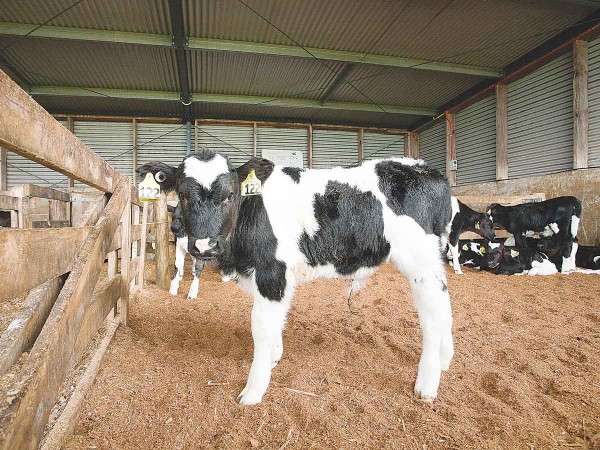
It is essential for the efficient absorption and resorption of calcium. Supplementation with magnesium has the largest effect on decreasing the incidence of milk fever.
Supplementing with magnesium for two to three weeks pre-calving will reduce the risk of milk fever. However it does not build up a store of magnesium, and continued supplementation will be required during early lactation.
Milk fever increases the risk of other metabolic diseases and infections, such as ketosis and metritis, and approximately 5 percent of downer cows do not recover.
The dairy cow obtains calcium from her diet or from stores in her bones. Although there are substantial amounts of calcium available from these sources, the absorption from the intestines, or resorption from bone, is under tight hormonal control and is affected by other minerals (e.g. phosphorus and magnesium) and vitamins (e.g. vitamin D).
With the onset of lactation, and production of colostrum, the cow’s requirement for calcium increases substantially (400% increase in a day).
To meet these calcium requirements, the cow must increase both the absorption and resorption processes. Any factors that interfere with these processes mean the cow cannot meet the increased demand for calcium, and this results in lowered blood calcium concentration and milk fever.

























